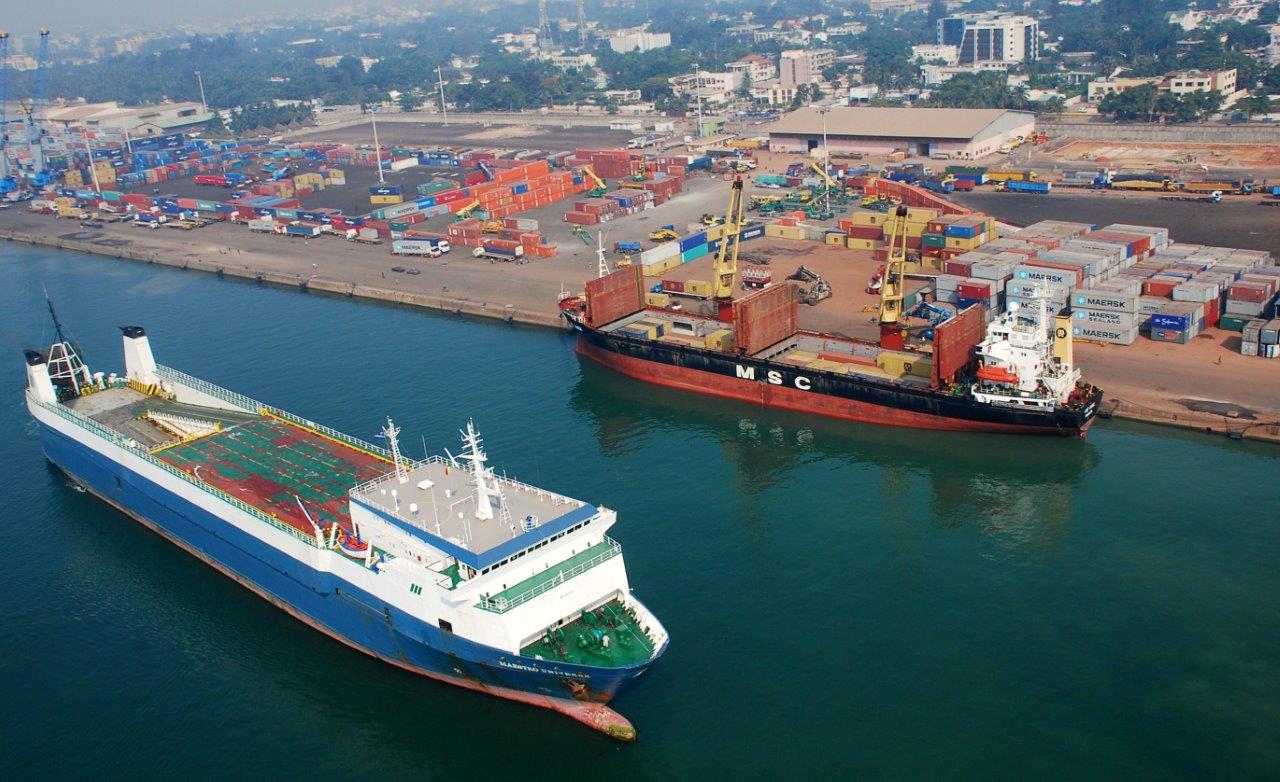Stronger U.S.-African private-sector engagement is good for the African people, especially women, and it is good for American builders and producers.—Congressman Ed Royce
A Cornerstone of U.S.-Africa Economic Engagement
Enacted in May 2000 and re-authorized by Congress in June 2015, the African Growth and Opportunity Act (AGOA) is the cornerstone of U.S. economic engagement with the countries of sub-Saharan Africa. AGOA helps eligible nations diversify their exports to the United States, creating jobs and inclusive economic growth, by providing duty-free access to the U.S. market.Since its implementation, AGOA has encouraged new investments, trade and job creation in Africa and the United States. In 2015, total AGOA exports to the United States (including U.S. Generalized System of Preferences) were $9.3 billion. And since AGOA was established in 2000, non-oil exports have increased almost 200 percent, rising to $4.1 billion in 2015. The growth of these non-oil industries has spurred an estimated 300,000 direct jobs in beneficiary countries.

Benin's Port of Cotonou is a pillar of Benin’s economic growth and serves as a gateway to international trade for landlocked West African countries. MCC's $188 million investment in Benin aimed to expand port capacity, improve port security, and increase port efficiency.
Trade and Investment in AGOA Countries
Trade, infrastructure and development go hand-in-hand in helping to achieve widespread and lasting reductions in poverty. But in many countries, transport, power and water infrastructure are not only major constraints to economic growth, but also to regional connectivity and trade.Since its founding in 2004, MCC has invested more than $8 billion in trade-related assistance to developing countries. Of that, MCC has provided nearly $4.5 billion in trade-related assistance to AGOA countries to support trade-related infrastructure like roads, ports and electricity, and to improve the productivity of export-oriented industries such as agriculture and small- and medium-sized enterprises.
African countries are the largest recipients of MCC’s development assistance, both in the number of partnership agreements and in the amount of assistance provided. Of MCC’s 41 signed compacts grant agreements, 22 have been with sub-Saharan African countries, totaling over $8 billion. These partnerships span the continent and have included expansions to critical sea ports in Benin and Cabo Verde and roads used for commerce in Ghana, Senegal, Tanzania, and Mozambique.
Private Sector Partnerships
MCC and U.S. global development efforts are committed to an investment-led development model that leverages additional sources of financing, including domestic resources and the private sector.As part of MCC’s efforts to drive growth and reduce poverty around the world, MCC committed $70 million to support public-private partnerships in partner countries through its Public Private Partnership (P3) Platform. African countries alone will receive grants totaling $52 million. These investments are expected to generate $1 billion in private-sector investments worldwide through 2020.
Regional Partnerships
People, goods and services move across borders, and MCC’s investments should too. Regional integration helps create economies of scale, strengthen value chains and the movement of products to market, and increase the mobility of technology and people.Regional MCC investments could be a significant U.S. Government tool to increase trade capacity and improve the uptake of AGOA preferences. The African Growth and Opportunity Act and Millennium Challenge Act Modernization Act (AGOA and MCA Modernization Act)—signed in to law by the President on April 23, 2018—gives MCC the increased flexibility it needs to promote regional collaboration, trade, and economic growth by authorizing MCC to enter into an additional, concurrent compact with a country partner specifically to promote regional integration.
Developing countries can grow faster, create more jobs, and attract more investment when they are part of dynamic regional markets, and MCC is uniquely positioned to maximize these opportunities.

